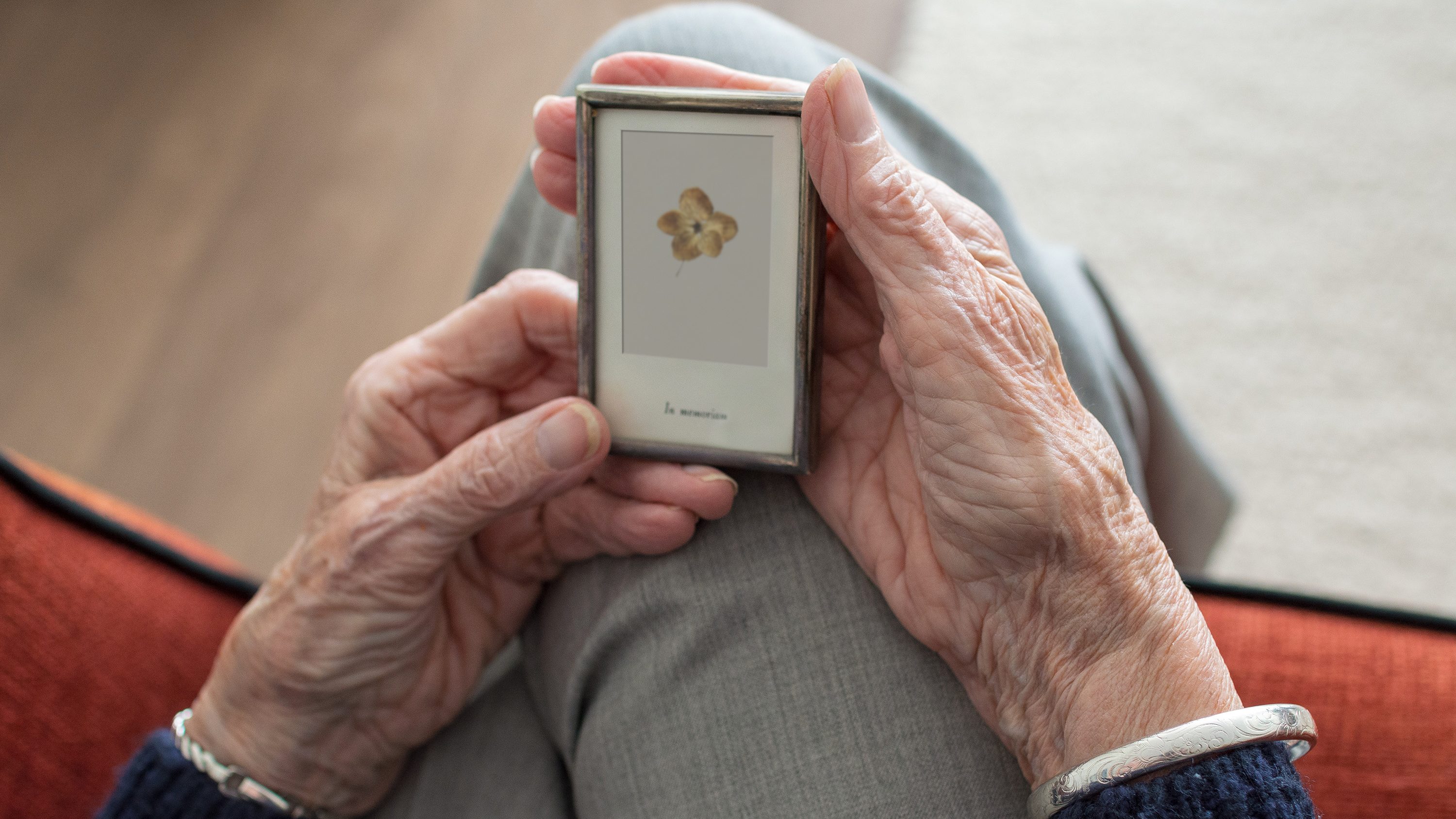
One of the most significant known risk factors for developing Alzheimer’s disease is the gene variant called APOE4, which is carried by almost half of all Alzheimer’s patients. A new study from MIT shows that this gene hampers brain cells’ ability to metabolize lipids and respond to stress—and that a safe, widely available dietary supplement might be able to help.
Li-Huei Tsai, the director of MIT’s Picower Institute for Learning and Memory, and colleagues including the late Susan Lindquist, who directed MIT’s Whitehead Institute, found that APOE4 significantly disrupted the normal functions of brain cells grown in the lab from human induced pluripotent stem cells. They also showed that treating these cells with extra choline, a nutrient found in foods such as meat, fish, eggs, and broccoli, could reverse many of these effects.
The researchers hope their findings will lead to clinical studies of choline. Previous trials looking at choline’s effects on cognition showed mixed results, but they were not targeted to people with APOE4, who make up about 14% of the population.
“What we would really like to see is whether in the human population, in those APOE4 carriers, if they take choline supplements to a sufficient amount, whether that would delay or give them some protection against developing dementia or Alzheimer’s disease,” Tsai says.
Keep Reading
Most Popular
Large language models can do jaw-dropping things. But nobody knows exactly why.
And that's a problem. Figuring it out is one of the biggest scientific puzzles of our time and a crucial step towards controlling more powerful future models.
How scientists traced a mysterious covid case back to six toilets
When wastewater surveillance turns into a hunt for a single infected individual, the ethics get tricky.
The problem with plug-in hybrids? Their drivers.
Plug-in hybrids are often sold as a transition to EVs, but new data from Europe shows we’re still underestimating the emissions they produce.
Stay connected
Get the latest updates from
MIT Technology Review
Discover special offers, top stories, upcoming events, and more.